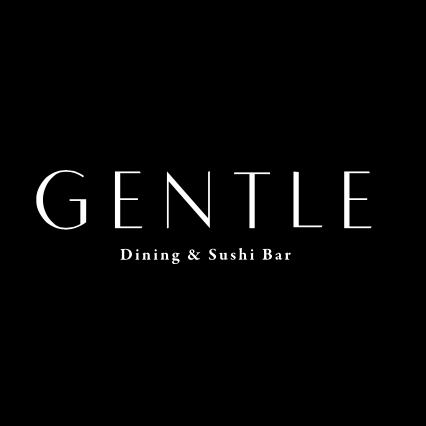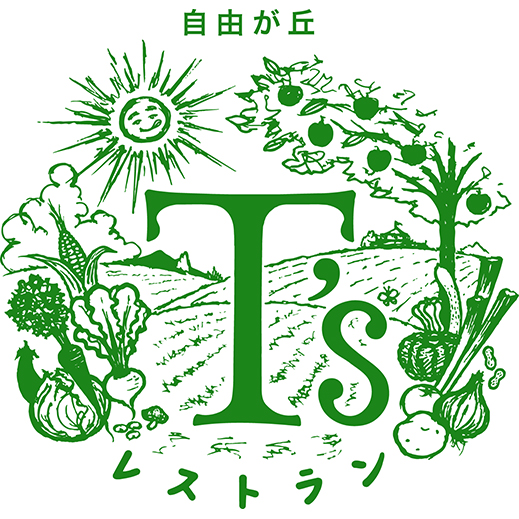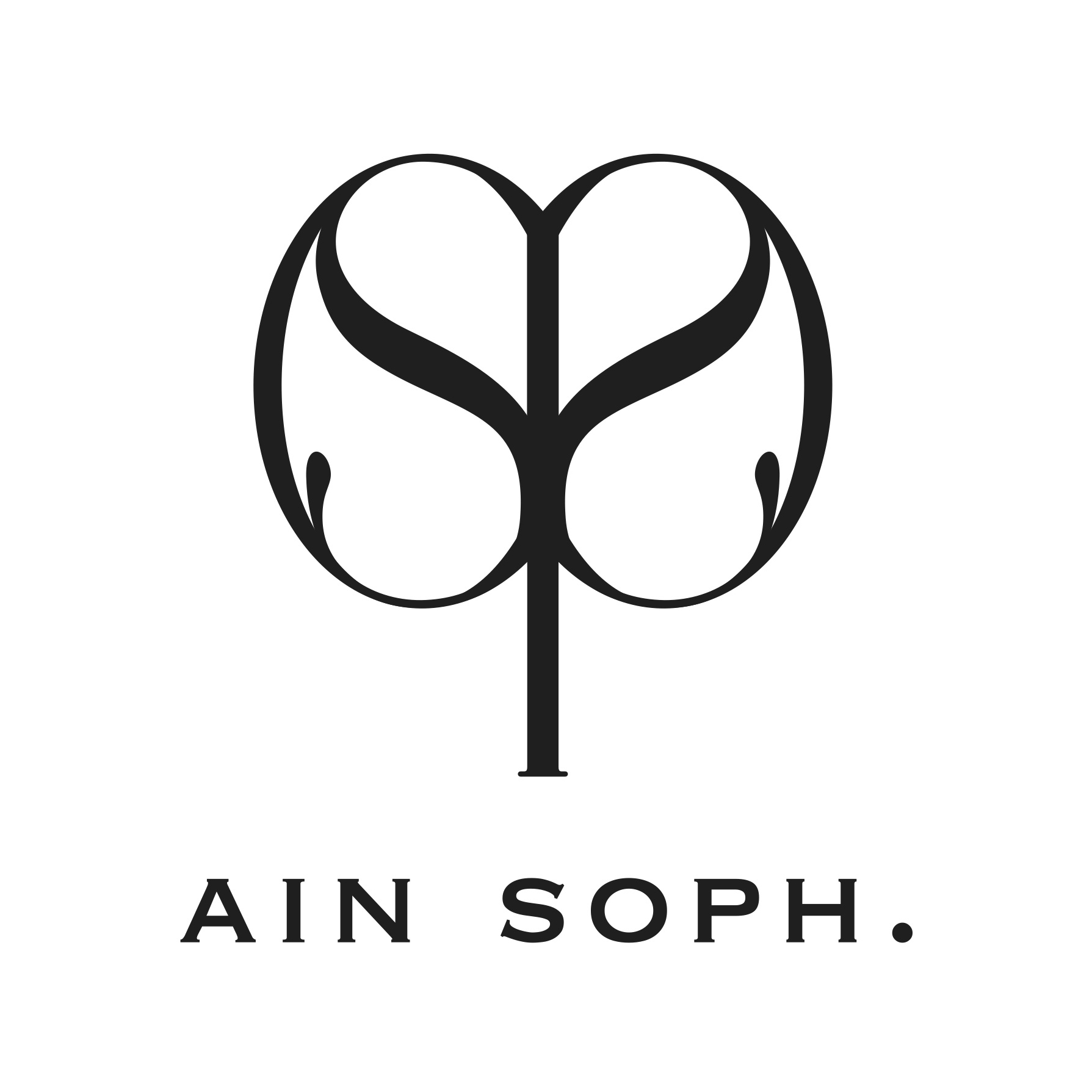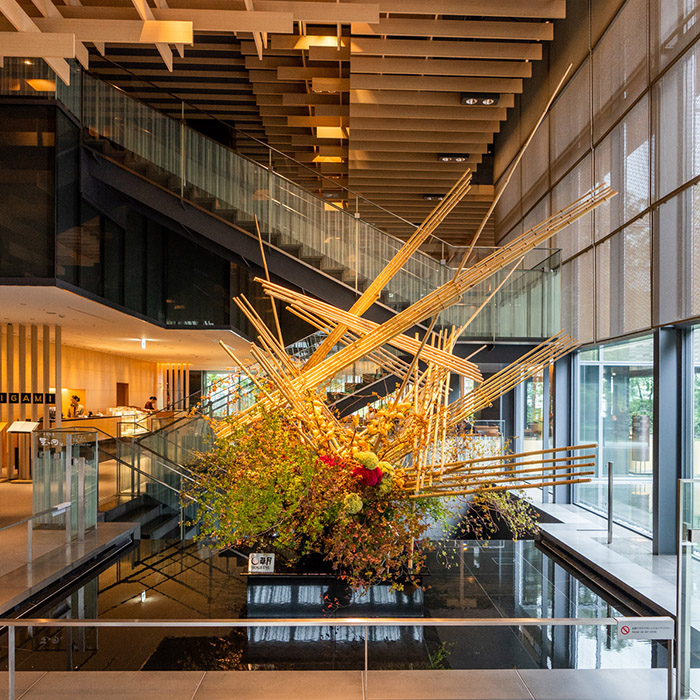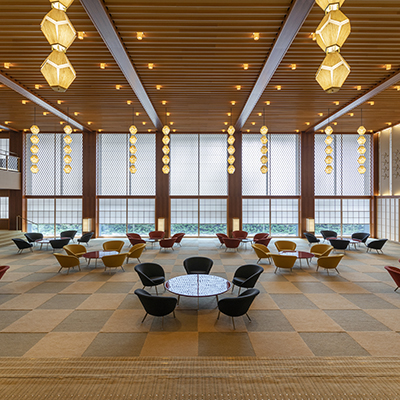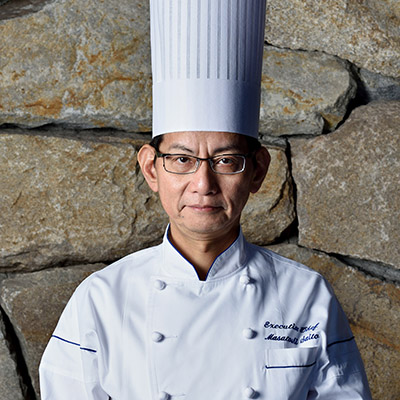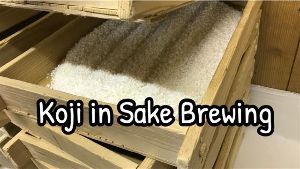January 11, 2023
The Presence of Private Brands (PB) is Increasing in Food Supermarkets
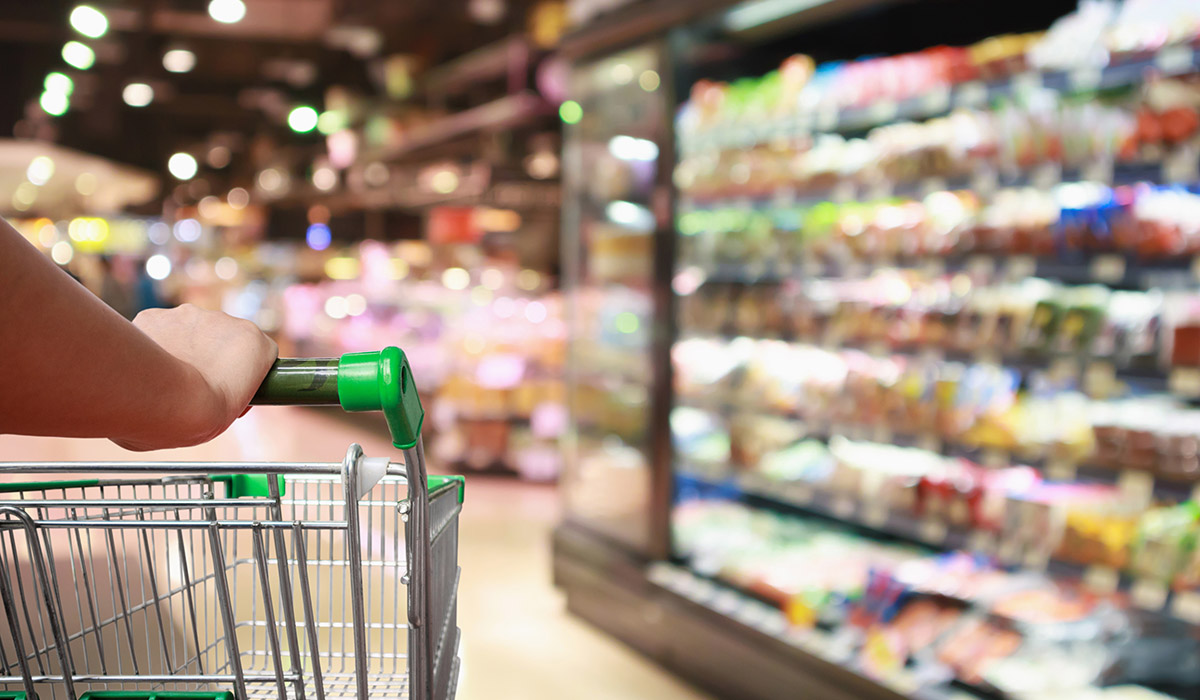
As the rush to raise the prices of manufacturers' products continues, the presence of private brands (PB) in supermarkets is expanding. The industry group's 2022 survey showed that the percentage of supermarkets that carry PB reached 76.5%, up 5.9 percentage points from 2021—developing reasonably priced PB products to attract demand from consumers who are becoming more thrifty.
PB products are generally 10% to 30% lower in retail prices than products from major manufacturers. Retailers such as supermarkets are also profitable because of low promotional costs. According to an October 2022 survey (301 companies responded) compiled by the Japan Supermarkets Association and three other organizations, the percentage of companies handling PB products was 76.5%. The increase is up 5.9 points from the 2021 survey and is the highest increase in the past six years.
Consumer support for PB is growing, and Yaoko saw a 3.4% YoY increase in PB sales from April to September 2022. On the other hand, it is also tricky for PB to distinguish itself from competitors by being cheap. More and more supermarkets are developing products that focus on quality and uniqueness.
Life Corporation will focus on sales of PB "BIO-RAL," which is health-conscious.
The store offers a selection of confections, seasonings, soups, and other items made with organic ingredients. BIO-RAL's sales doubled to 2.4 billion yen from March to August 2022 from the same period last year. Seijo Ishii (Yokohama City) sells confections and pasta sauces supervised by hotel chefs and others.
In domestic supermarkets, PB accounts for around 10% of sales. The industry insider comments that in some countries, PB sales account for approximately 50% of total sales in Europe and the United States. In Japan, the ratio of PB is more likely to increase in the future.
